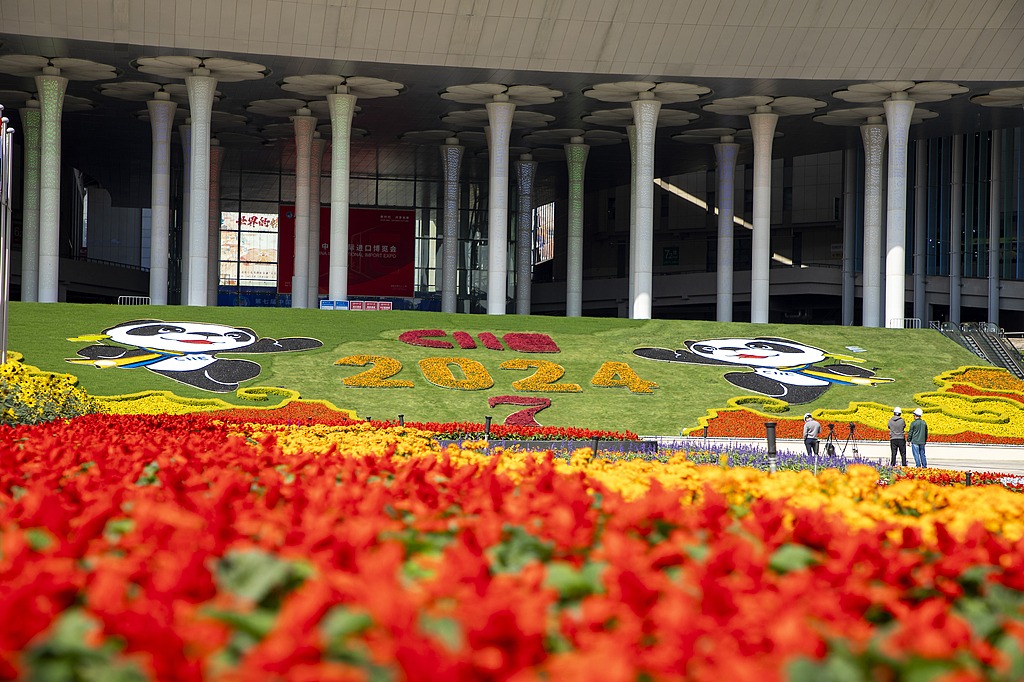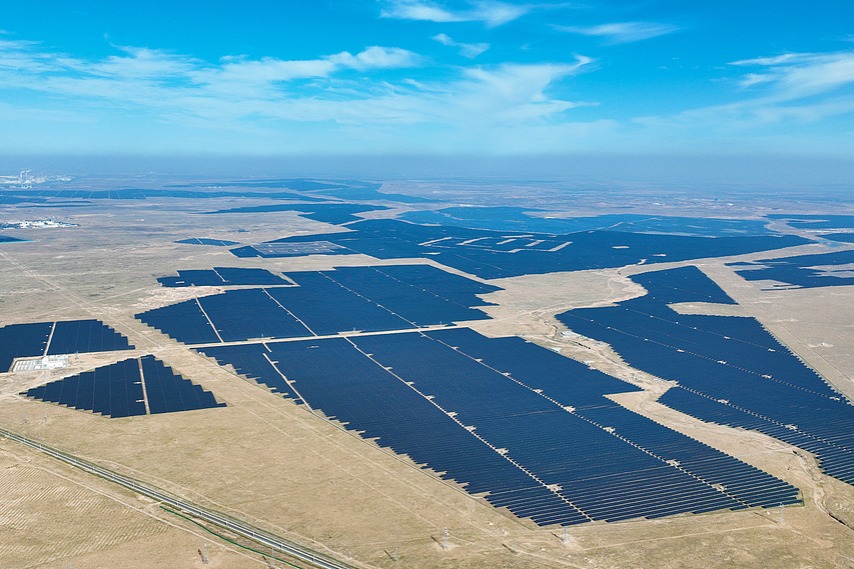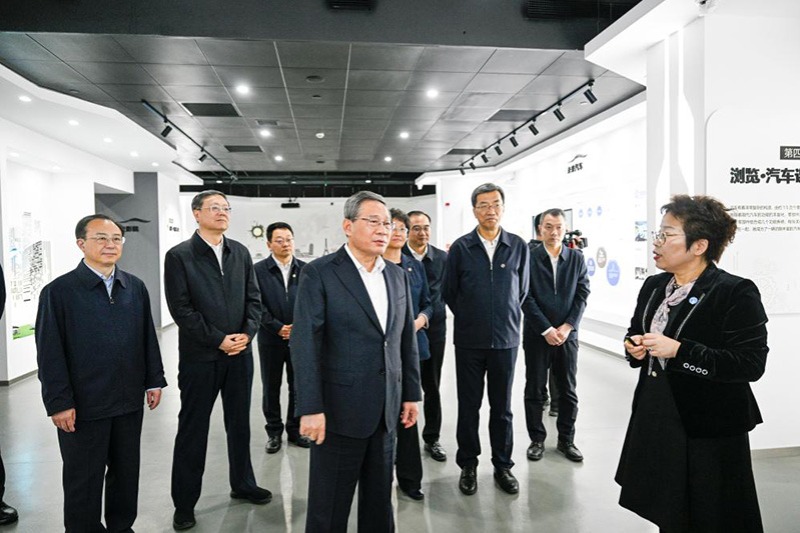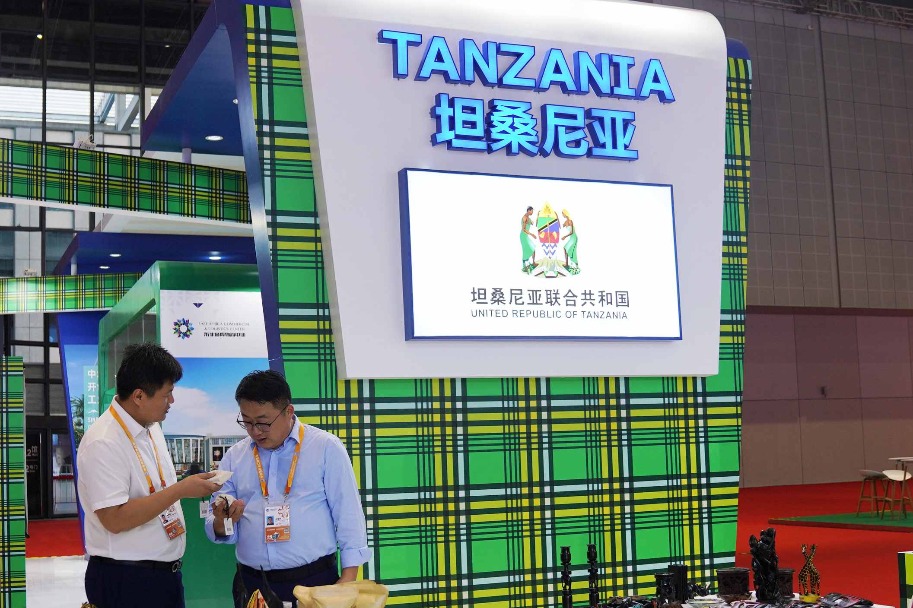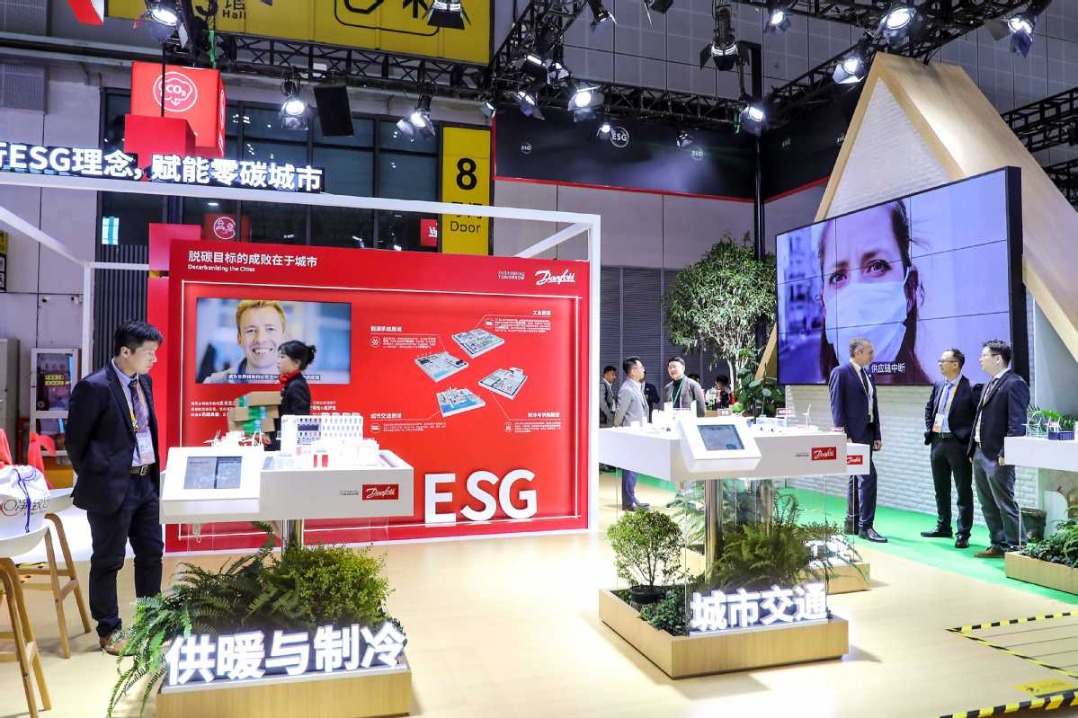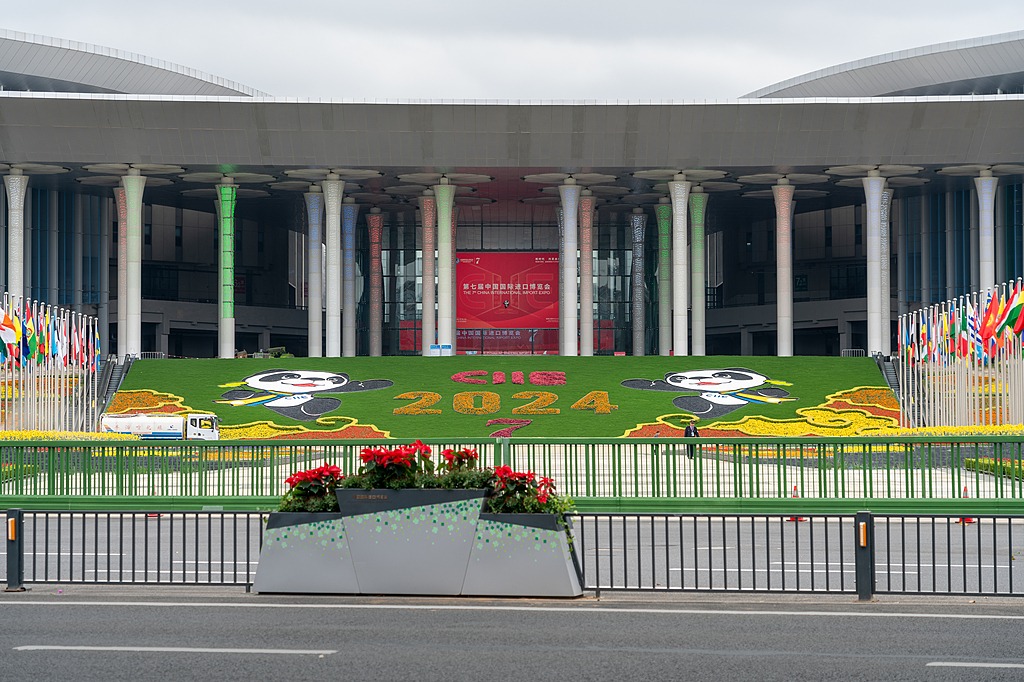Media, think tank cooperation seen as essential

Cooperation between think tanks and the media within the framework of the Regional Comprehensive Economic Partnership is crucial for promoting mutual understanding, knowledge sharing and informed decision-making, according to experts at the 2024 RCEP Media & Think Tank Forum held on Sunday in Hainan province.
"The relationship between think tanks and the media can be likened to a symbiotic partnership, where the media serves as a platform for amplifying the research and analysis produced by think tanks, while the think tanks benefit from the media's ability to reach a wider audience and facilitate meaningful dialogue," said Duan Gang, vice-president of the Yunnan Education Association for International Exchange and former vice-president of Yunnan Minzu University.
Rommel Banlaoi, chairman of the advisory board at the China Studies Center of the School of International Relations at New Era University in the Philippines, said that while think tanks and media participate in international conferences and regional forums to address various issues and perspectives on the RCEP, there remains a critical need to enhance systematic collaboration and to strengthen their partnership to maximize their impact.
He suggested key media outlets reporting on the RCEP should be identified and analyzed, and stressed the importance of understanding how think tanks can play a leading role in clarifying and contextualizing these reports for the public.
"In the context of the RCEP and related issues, cooperation between media organizations and think tanks is essential for increasing public awareness of the goals and intentions of the agreement and facilitating a deeper understanding among government officials," Banlaoi said.
Traditionally, the media has encompassed print and broadcast outlets as primary sources of news and information dissemination. However, in the digital age, the role of social media has become increasingly significant in shaping public discourse and opinion.
"As such, it is imperative for think tank experts to engage with social media platforms and collaborate with tech giants to ensure the accurate and reliable sharing of information with the public on RCEP-related matters," he added.
Song Yi, associate dean at the School of International Journalism and Communication at Beijing Foreign Studies University, noted that the media, think tanks and universities share common goals and can complement each other in building a network of knowledge production, dissemination and application related to the RCEP.
"It is essential for these entities to work together to produce and distribute a wide range of educational materials. This can include publishing RCEP-themed paper-based and digital books, articles, social media content, games and databases that cater to different audiences and educational levels," Song said.
In addition, organizing training activities for different cohorts such as policymakers, academics, students and the general public is crucial for enhancing knowledge and capacity building on RCEP-related issues, she added.
Rynith Taing, deputy editor-in-chief of the Khmer Times in Cambodia, noted that engaging young people in the RCEP is vital for ensuring that the next generation is well-informed about the benefits and implications of the agreement.
"In the digital era, with the proliferation of social media and online platforms, leveraging the media and think tanks to reach and educate young people is key," he said.




















